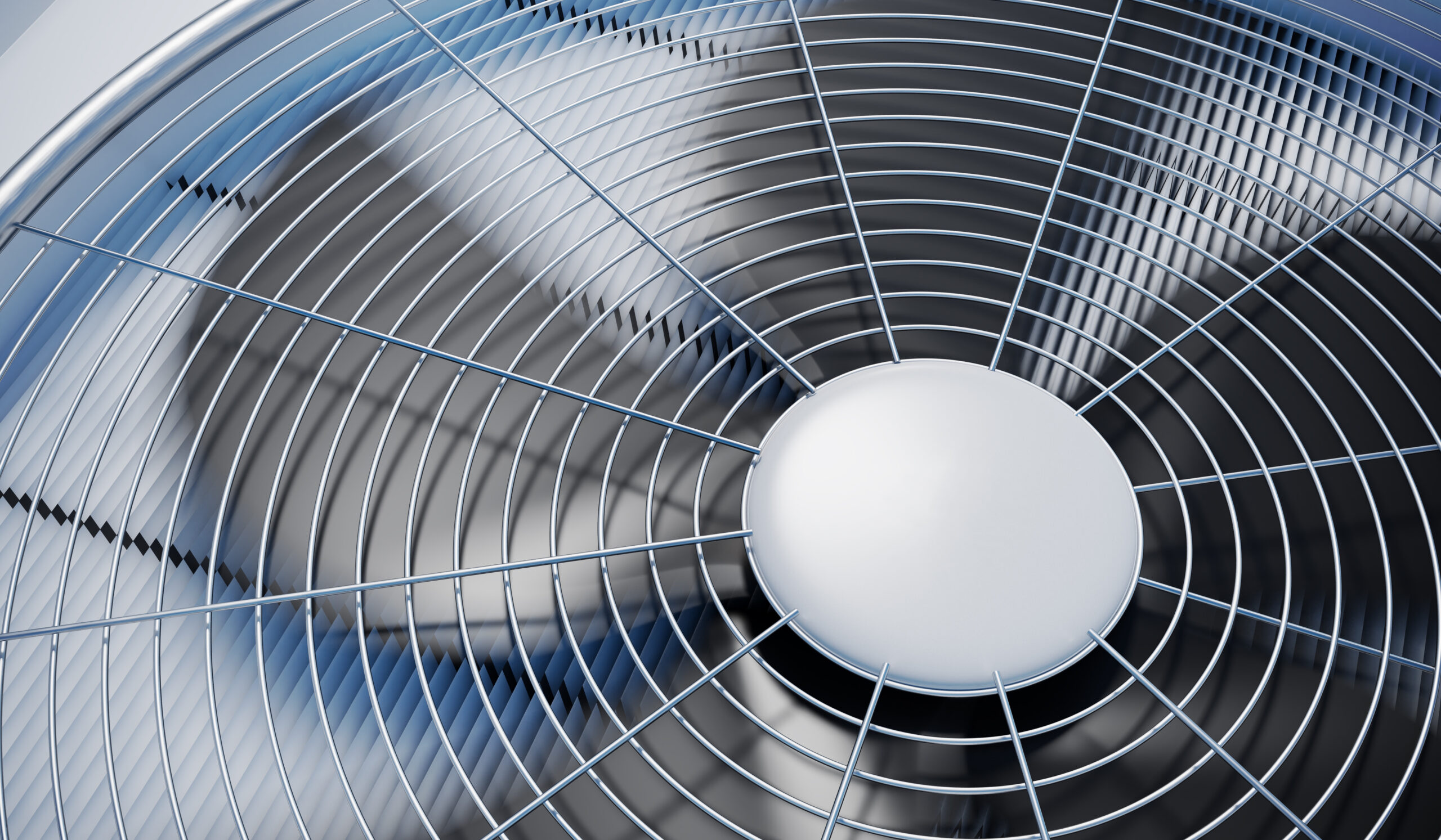3 Ways to Get the Best Sleep of Your Life

Sleep is vital to your overall health and ability to function. However, the conditions in your Dallas Fort Worth Metroplex, home may be limiting your ability to get a good night’s sleep. The temperature of your bedroom, indoor air quality, and proper airflow can all impact how well you sleep.
Optimal Temperature
The temperature of your bedroom makes a difference in your ability to fall asleep and to sleep soundly. Individuals have slightly different preferences, but experts say the room should always feel cool rather than warm. The human body must cool down a bit before it can fall into a restful sleep, a process called thermoregulation. However, a room that is too cold also makes it hard for the body to stay asleep. The ideal temperature is around 65 degrees Fahrenheit, so try to let your bedroom get to that level as you’re drifting off.
Indoor Air Quality
The indoor air quality of your home impacts your health, which, in turn, plays a role in how well you sleep at night. Poor indoor air quality can cause symptoms like headaches, congestion, and a sore throat. If you suffer from allergies or asthma, the symptoms are often even worse. Instead of relying on outdoor air to cool off your room, keep your windows and doors closed and allow the HVAC system to circulate cool air. Pollen, dander, and other allergens may be creeping in and causing the indoor air quality to decrease.
Other Sleep Tips
If you’re still feeling warm, try putting a fan in your bedroom. Airflow on your exposed skin can help create a cooler feeling, helping you relax enough to fall asleep. Using a ceiling fan or a box fan next to your bed can make a big difference in how you feel. It’s also smart to limit exposure to electronics about an hour before you head to bed.
If your HVAC system can’t provide the conditions you need to sleep well, contact us at Willard Air Conditioning, Plumbing & Electrical by calling 972-564-9785.
Image provided by Shutterstock
Request Service
Ready to experience top-notch service? Fill out the contact form to request service.
Request Service


Industry-Leading Service & Guarantees
Your comfort & satisfaction is our top priority. Take advantage of our unbeatable guarantees, including:
- Multiple locations across the DFW Metroplex to better serve customers
- Trained & certified technicians
- Emergency repairs seven days a week
- Two-year warranty guarantee on all repairs





